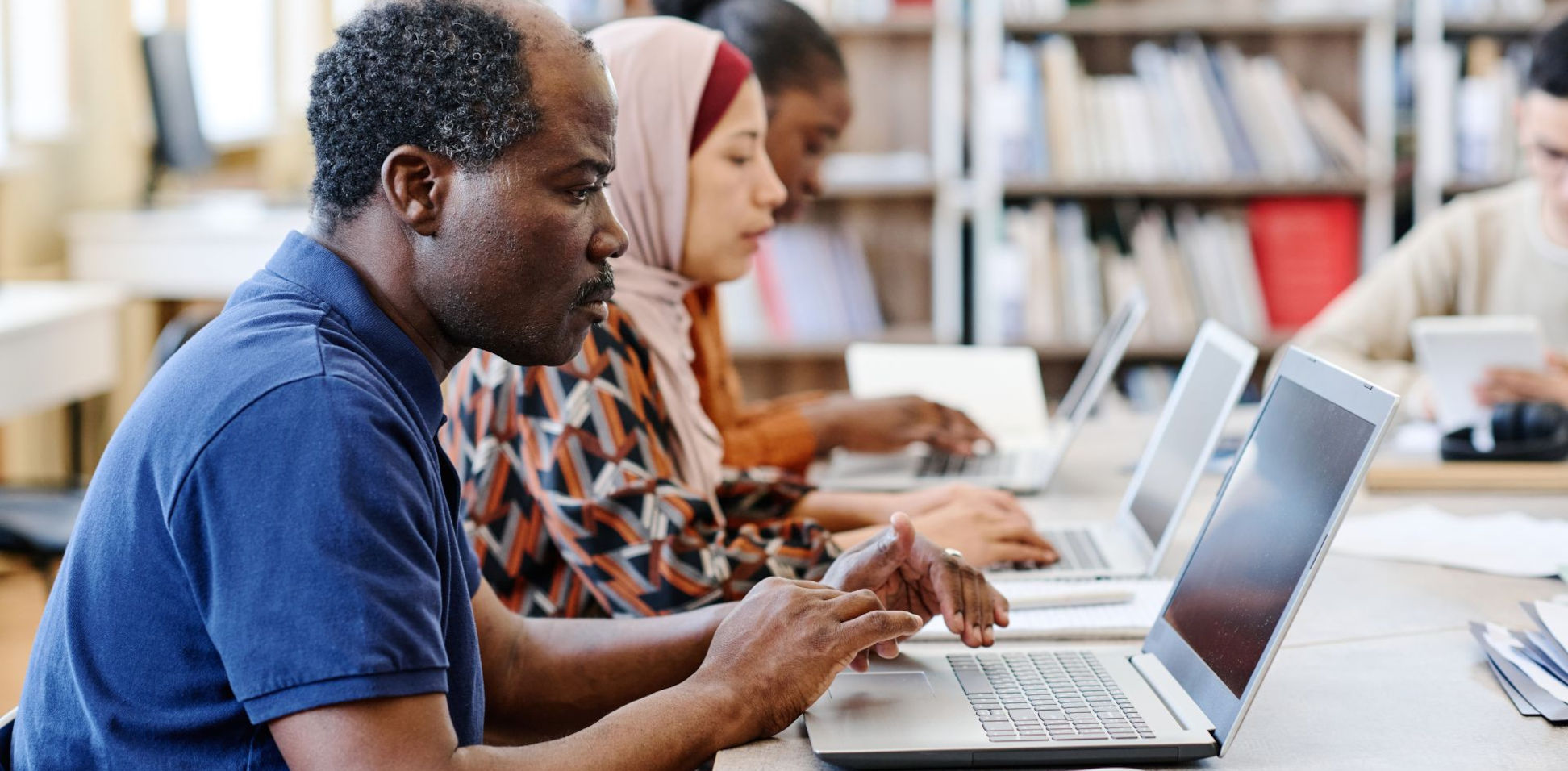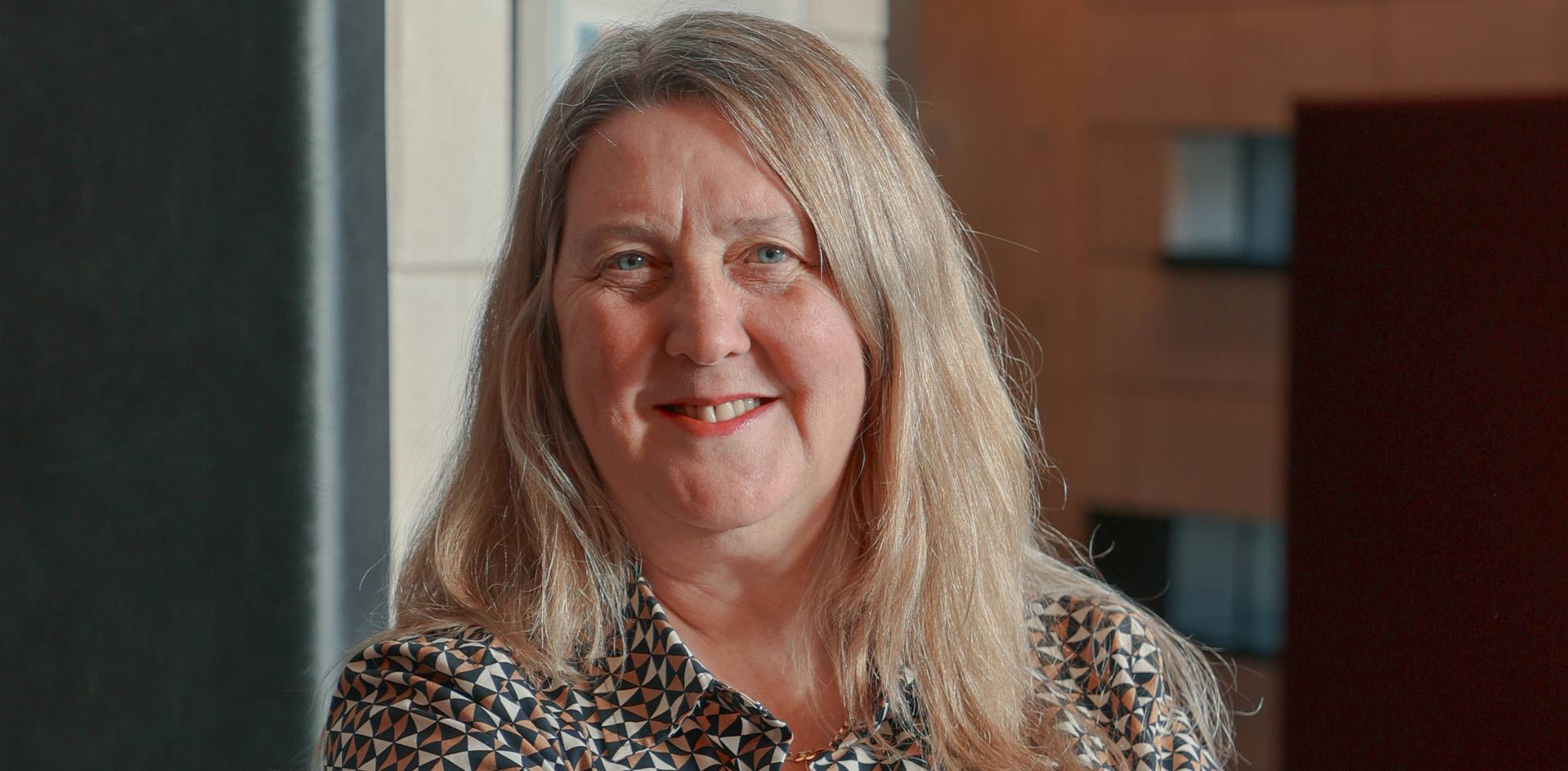Budget 2025: Avoid another serious error - bake digital inclusion into government spending
Our Advocacy Lead, Hannah Whelan, breaks down what Labour's fiscal plan means for the millions still experiencing digital exclusion.
Ahead of Chancellor Rachel Reeves’ Budget, the Office for Budget Responsibility accidentally published their assessment of her budget's impact - an unprecedented gaffe that Reeves described as a 'serious error'.
Reeves proceeded with her opening remarks in spite of the leak, explaining how ‘working people demanded and deserved change’ when voting in Labour. People who experience digital exclusion have also demanded and are deserving of change. That’s why, when Labour did win their majority government last year, Good Things Foundation were encouraged by their action on digital inclusion - the first in a decade - and their Digital Inclusion Action Plan: First Steps, having urged them to recognise the critical, urgent issue.
Today, Labour set out to rebuild a stronger, fairer UK. With ambitions to tackle poverty, raise living standards and rebuild public services; and in these ambitions there are chances to embed digital inclusion and ensure everyone can participate in our digital society - now and in the future.
On poverty and the cost-of-living
Reeves said it was the government's job to cut child poverty; a critical issue of inequality that, if addressed, will help Labour stay 'true' to their values. We welcomed Reeves' announcement to abolish the two-child benefit cap from April, in turn reducing child poverty - helping 450,000 children and worth £5,450 to low-income families.
Earlier in the year, we worked with Trussell, SCVO and others to host a roundtable involving third sector organisations and policymakers up in Scotland, to explore how to tackle child poverty and the digital divide. The two complex issues are deeply interlinked, and we brought back ideas on how we can continue tackling hunger and hardship to ensure all families have the essentials they need - including digital inclusion.
Poverty is one of the biggest determinants of digital exclusion, leading to barriers to work, services, and support. Reeves’ Budget today announced changing tax thresholds, which may well result in some of the people we support paying higher tax - many of which are already living in poverty. As the cost of living crisis continues, these tax reforms may impact people who are already struggling to make ends meet and push them further into financial difficulty.
Though we welcome Reeves’ two-child benefit cap, we urge the government to act swiftly to ensure that the self perpetuating cycle of poverty is broken and those on the sharper end of inequality - like Lindsey, who couldn’t afford a laptop, and Kulthum, who was choosing the internet over food or clothes - are accounted for
On place
Reeves’ Budget was positively received by the Devolved Nations, with funding allocations over the next three years seeing: £500 million allocated for Wales, £820 million for Scotland, and £370 million for Northern Ireland. Welsh First Minister Eluned Morgan has confirmed the funds will support public services, energy bill relief, and minimum wage increases.
Through the work of hubs in our National Digital Inclusion Network, we know first hand the power of place. Working regionally, supporting locally, and coordinating nationally can result in meaningful impact for communities across the UK - enabling funds to be spent where they are needed most: in the areas most underserved, with the people furthest left behind, and helping avoid patchwork provision.
Alongside devolved funding, Reeves also announced making major investments in industry across the nations, including plans for AI growth zones in Wales. In the regions, there will be £13bn of flexible funding for seven mayors to invest in skills, business support, and infrastructure - done right, this investment can support place-based approaches to digital participation in our economy and in our society, for those currently offline.
On health
The Chancellor hopes that by taxing the wealthy, bringing more people into higher tax bands, and making efficiency savings, she can help close gaps and fund the NHS. She promised that savings of £4.9bn will be spent on nurses and GP appointments, alongside £300m of investment into technology to improve patient services, and 250 new local patient health centres.
These commitments are welcome - but tech investment must go hand-in-hand with baking in digital inclusion. New digital systems - in primary care, community health, or specialist services - relies on patients being able to access it. Reeves’ investment risks widening inequality rather than reducing it, if the government does not take a digital inclusion lens.
If built in from the start, then digital inclusion can ensure fewer missed appointments, better self-management of long-term conditions, and reduced pressure on frontline staff. We think by baking in digital inclusion, we create a more effective, more equitable NHS.
Looking ahead
Today’s Budget shows promising signs of furthering the government’s commitment to digital inclusion; Reeves’ focus on poverty, regional investment, and health are all areas where fixing the digital divide plays a crucial role.
But there is more to do. Though we welcome today’s announcements, breaking cycles of poverty, ensuring regional funding reaches the most underserved places, and modernising public services fairly all depend on digital inclusion being baked into the heart of government spending.
Good Things Foundation stands ready to work with ministers, mayors, devolved governments and - most importantly - digital inclusion hubs to make this happen. Because participating in our digitised society isn't optional. And if this government fails to realise that, then Reeves will have also made a serious error.


